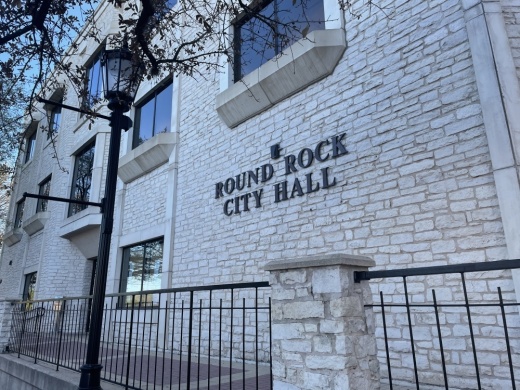A July 12 press release from the city states changes made to Texas Administrative Code 3.334 would “source sales tax revenue from online purchases to the buyer’s location instead of the seller’s place of business.”
The rule would go into effect at the start of the city's next fiscal year, Oct. 1, 2021.
For Round Rock, which Dell Technologies calls home, the change will mean a large loss of sales tax revenue, the release states.
The city has been fighting the rule change for 18 months, according to the release, with Mayor Craig Morgan and City Attorney Steve Sheets speaking at a hearing held by the Texas Comptroller in February 2020. Sheets also spoke at a meeting of the Texas House Ways and Means Committee that month.
“This rule change is bad for the state of Texas, bad for Round Rock, and bad for our businesses,” Morgan said in the city’s July 12 statement. “This kind of fundamental change should only be made by our elected leaders in the Texas Legislature, not the Comptroller. If this rule takes effect, it will eliminate an economic development tool that has been the foundation of the ‘Texas Miracle’ championed by both former Governor Rick Perry and current Governor Greg Abbott.”
Community Impact Newspaper previously reported that the city’s budget is capped at 20% of Dell sales tax, meaning that the budget can only rely on the company’s sales tax to make up 20% of the city’s total budgeted revenue in a given fiscal year. Sales tax makes up 43% of the city’s planned budget for fiscal year 2020-2021.
Such a rule change would reallocate local sales tax revenues—which the city uses to pay for essential city services—to the locations in the state where products are delivered, according to the release.
In February of 2020, Community Impact reported the loss of sales tax could cost Round Rock $20 million a year in revenue.
At the July 8 Round Rock City Council meeting, officials voted to amend an engagement letter with Bourland Law Firm, which is representing the city in the suit, to allow for $300,000 to be spent on litigation. This is an increase from the previously established $150,000.
Sheets said at the meeting that the increase was necessary should the case be taken through the legal system as far as the Texas Supreme Court.
Community Impact Newspaper will update this developing story as more details become known.





